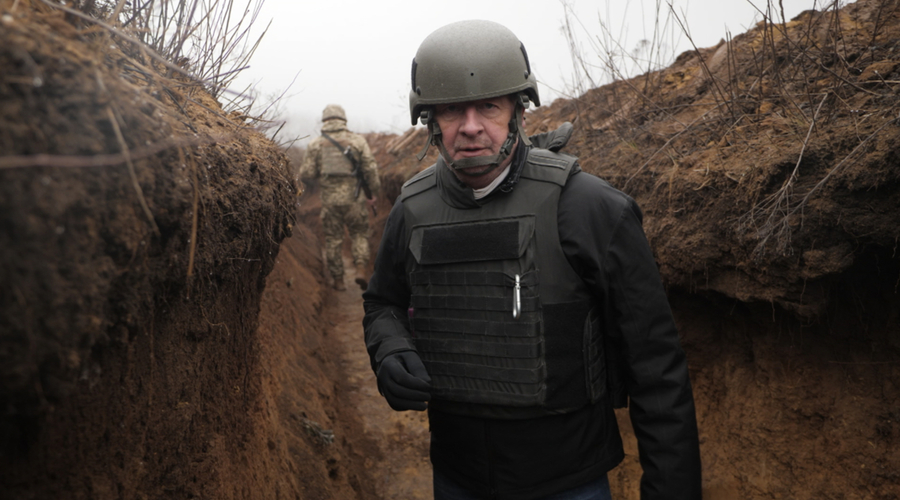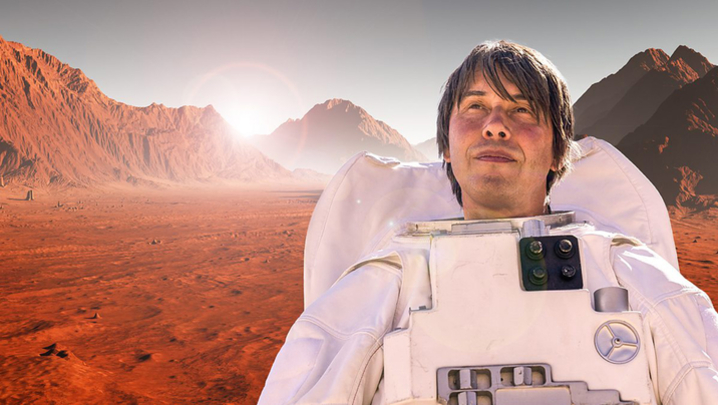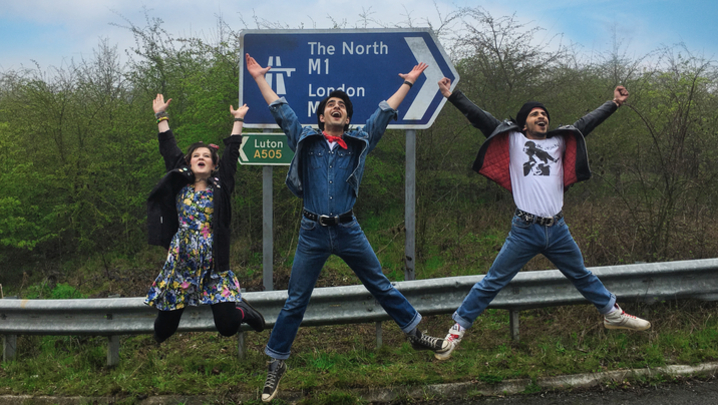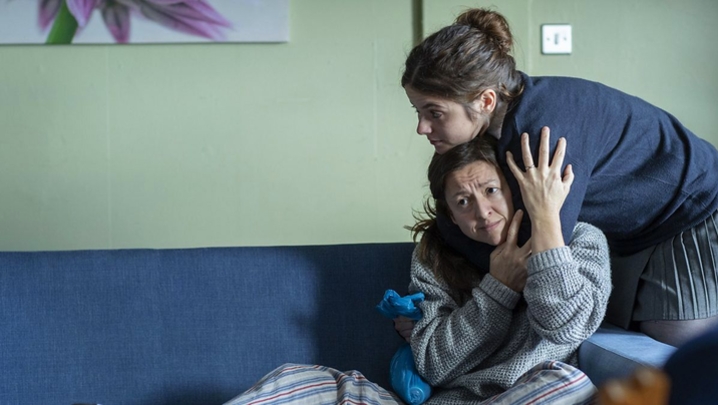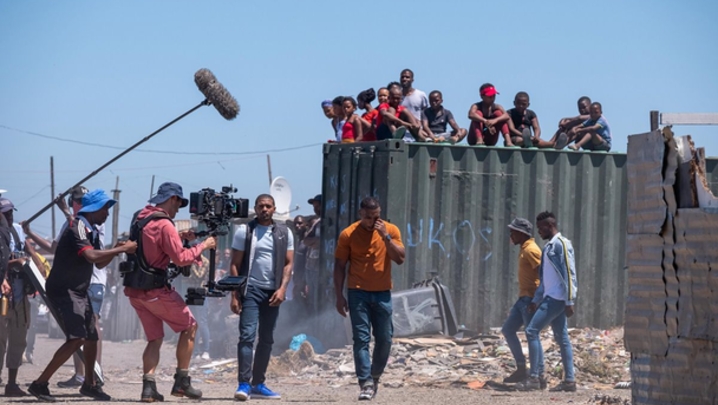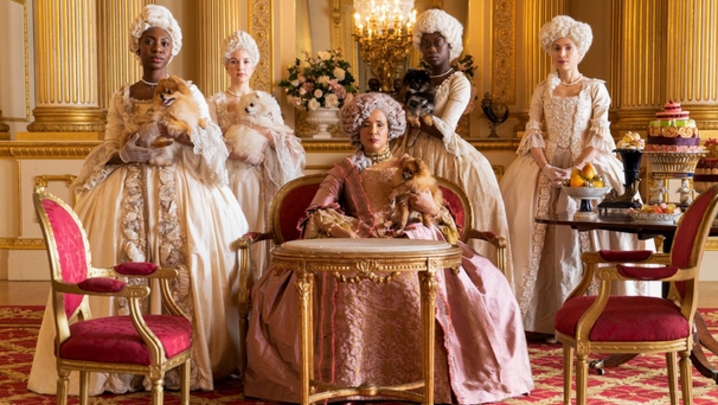Stuart Ramsay has crisscrossed the globe, covering major events, including 18 wars, over a three-decade career. Last year, the RTS award-winning Sky News journalist was wounded when his team were ambushed by Russian troops outside Kyiv, but his enthusiasm for frontline reporting is undimmed.
What does the job involve?
A mix of covering breaking large events – a lot of which in recent years have been wars – and self-starter pieces. As a team, we do long-form stories, too. The withdrawal of British forces from Afghanistan was not just a news story for us, it also became an hour-long programme.
Why is it important?
Britain has a great tradition of covering foreign news. In the modern era, journalists have to offset the plethora of fake news and national leaders who are happy to lie. It has given a new lease of life to foreign eyewitness reporting, which Sky really focuses on. There’s an old saying, “If you don’t go, nobody knows.”
What was your route into news journalism?
I went to university and read history, and then started on a local newspaper in South Wales, passing the National Council for the Training of Journalists proficiency test. I moved to London to work for PA, the national news agency, which mainly did court reporting, and, luckily, I got shifts at TV-am.
When it lost its ITV franchise [to GMTV in 1991], TV-am’s news service during its last few months was provided by Sky News. I was sent to Sky to oversee the output and was fortunate enough to be kept on.
That was more than 30 years ago and I’ve never left. I’d wanted to be a foreign correspondent for a long time and I worked my way up to get there. I went to Ireland and then to Moscow, Washington, Johannesburg and Delhi.
It sounds like a nomadic life?
I was based abroad and my three children were born in Ireland, South Africa and Russia. One of the advantages for foreign correspondents is that your family are with you. Now, as Sky’s chief correspondent, I’m what you call the “fireman” and I spend a lot of time away from my family; recently I’ve been in Brazil, Pakistan and Ukraine.
Is the job becoming more dangerous?
It dramatically changed with reporting from the Middle East. Prior to that, when I was doing stories in Chechnya and lots of countries in Africa, journalists were observed, but we might as well have come from planet Zog – we were left to get on with it.
During the Gulf wars, in Afghanistan and later in Syria, journalists became a target and of value in their own right. Colleagues were taken hostage.
It can’t have helped when journalists became attached to military units?
The advent of embedding with the British and Americans [in Iraq] meant we were effectively part of their militaries, even though journalists were reporting independently.
We had no choice, because we couldn’t get to the frontline without accompanying the forces. None of us liked it. I’ve read lots of things about my embedding experiences where it’s assured that I was influenced no end. But, actually, nobody told me I couldn’t do or write what I did.
More recently, now that embedding [with the military] has effectively stopped, there is a lot more scope for journalists to work on their own. It has almost gone back to how it used to be.
What makes a good foreign correspondent?
An inquisitive mind and an enjoyment of foreign places – meeting and liking people of different cultures. If you’re prepared to go out and get stuck in for long periods, it’s very rewarding.
You also need a strong constitution… television reporting is really physical. You’re working all day, there’s a lot of driving and then you get out at 3:00am and have to do a report. It’s certainly not a nine-to-five job.
How do you prepare to work in a war zone?
There’s a huge amount of planning and a lot of risk assessment. But things go wrong. When I was shot in Ukraine last year we were actually leaving a situation because we deemed it too dangerous. What we didn’t know was that the Russians were ahead of us. We did do everything right, but you can’t know about ambushes.
It was an attempt to kill everyone in the car [Ramsay, producers Dominique van Heerden and Martin Vowles, cameraman Richie Mockler and local producer Andrii Lytvynenko].
The police and war crime investigators are now involved. Usually, the danger is from an explosion or a random round that’s being fired, not necessarily at you, but near you.
How hard was it returning to the field after you had been shot?
The shrink said to me that it was a good idea to go back. Dominique rang me and told me to check my kit… I got out my body armour and found six more rounds that I never felt – I thought I’d been hit once. That was a real shock.
We were not 100% ourselves when we first got back to Ukraine but, over a period of time, we got back on the horse, as it were. That first trip back was fine, but we went back a second time and our hotel in Donetsk was targeted by four missiles, and we had to withdraw.
Do you keep in shape?
Keeping fit and sleeping and eating well are incredibly important but quite hard to achieve when you’re working in dangerous situations. So, by the time I get to wherever we’re going, I’ve at least had a run-up where I’ve been looking after myself and kept in good shape.
So, the old image of the foreign correspondent as booze-soaked adventurer is out of date?
There’s still a feeling of adventure. I’ll go into a hotel bar and know a lot of the faces and there’s always a chance that a few drinks will go down.
But the idea that a [correspondent] would be wandering about waiting to see how it turns out has long since gone. We have risk assessments, quite often travel with security and, in Ukraine, we are in armoured cars.
Is there a risk that, as adrenaline kicks in, judgement can become impaired?
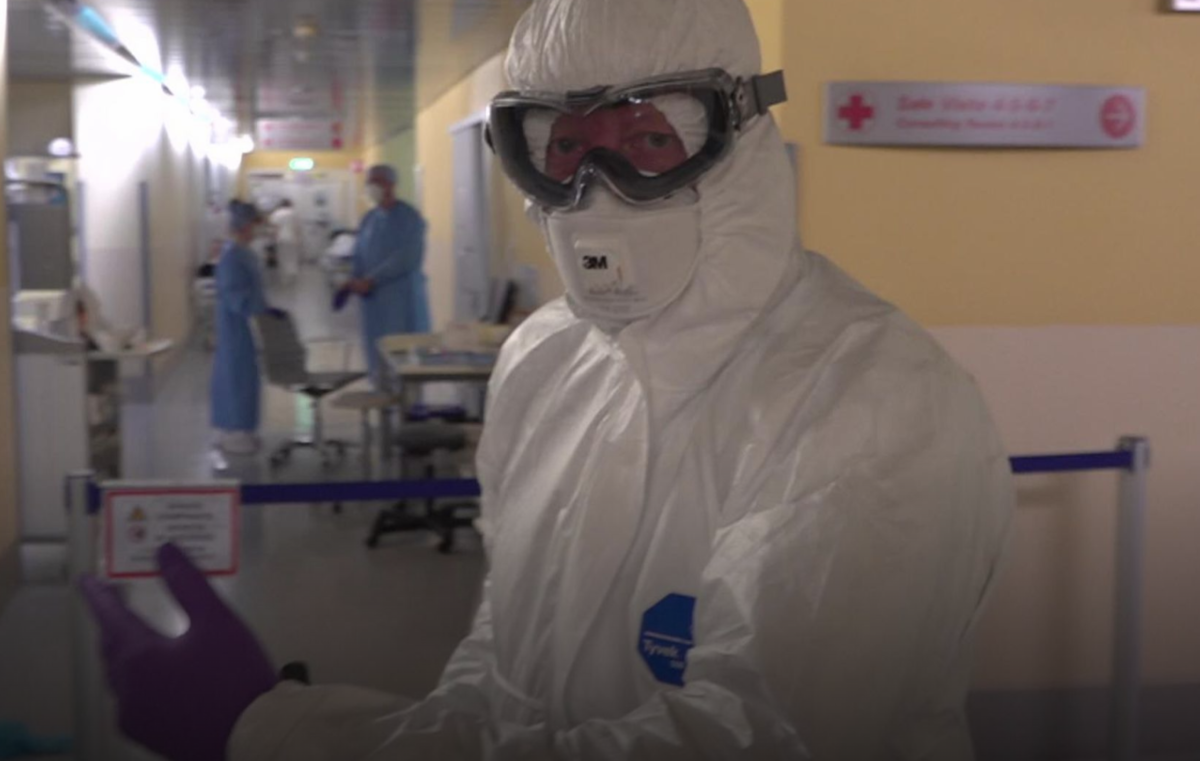
(Credit: Sky)
It is something that everyone needs to be wary of. I’m risk averse… and I work out what is doable. We call it the “risk for reward formula” and I am balancing risk almost constantly.
I’m not an adrenaline junkie, but I am attracted to the chaos, danger and freedom that comes with working [in a war zone]. That can be intoxicating.
Which stories are you most proud of?
The most important story I will ever do was getting into the Bergamo hospital [in Italy] when Covid came to Europe.
The heartfelt thanks from medical practitioners around the world has been astounding, and I know from talking to Sky’s political editor, Beth Rigby, that the government changed its attitude because of the pictures we sent back.
Has it been a good life?
There have been loads of ups and downs, but it has been an absolute dream, a privilege, actually.
That is something I try to instil in the youngsters who are coming up behind. Do not underestimate how fortunate you are to witness world-changing events for a living.
Stuart Ramsay is chief correspondent for Sky News. He was interviewed by Matthew Bell.

